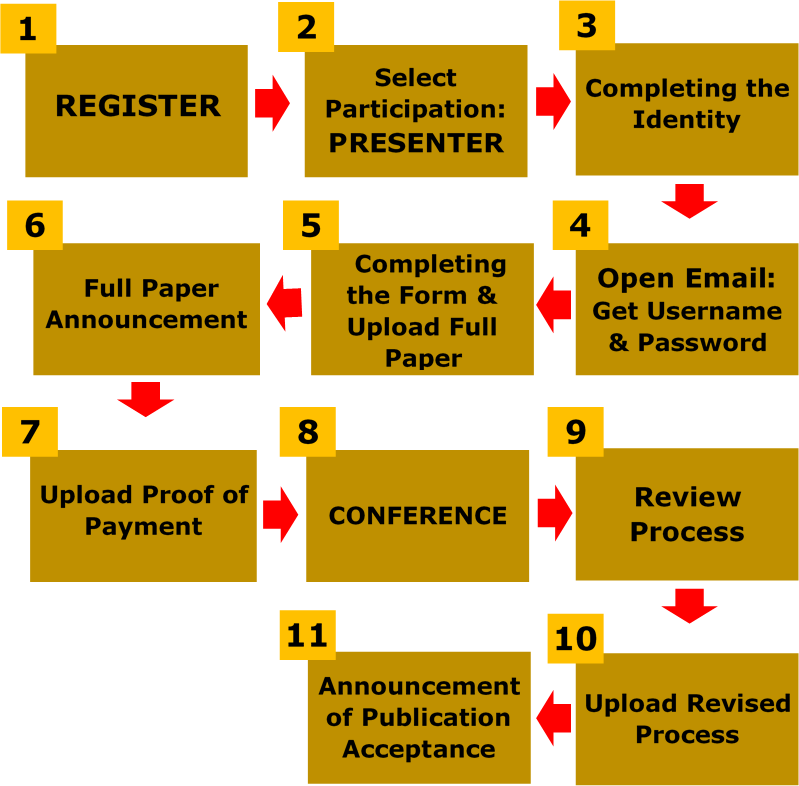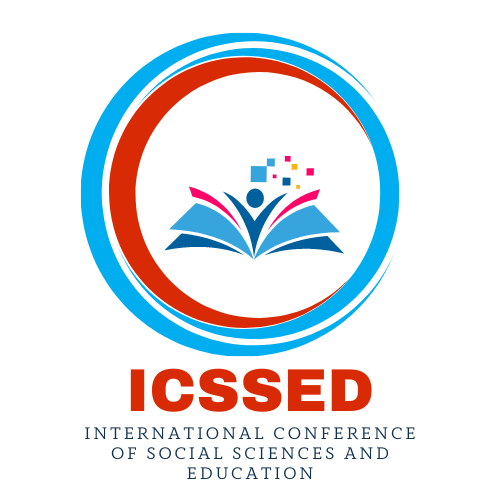
Speakers

Ruth Wylie, Ph.D
Associate Research Professor, Mary Lou Fulton Teachers College
Ruth.Wylie@asu.edu | 480-727-5175
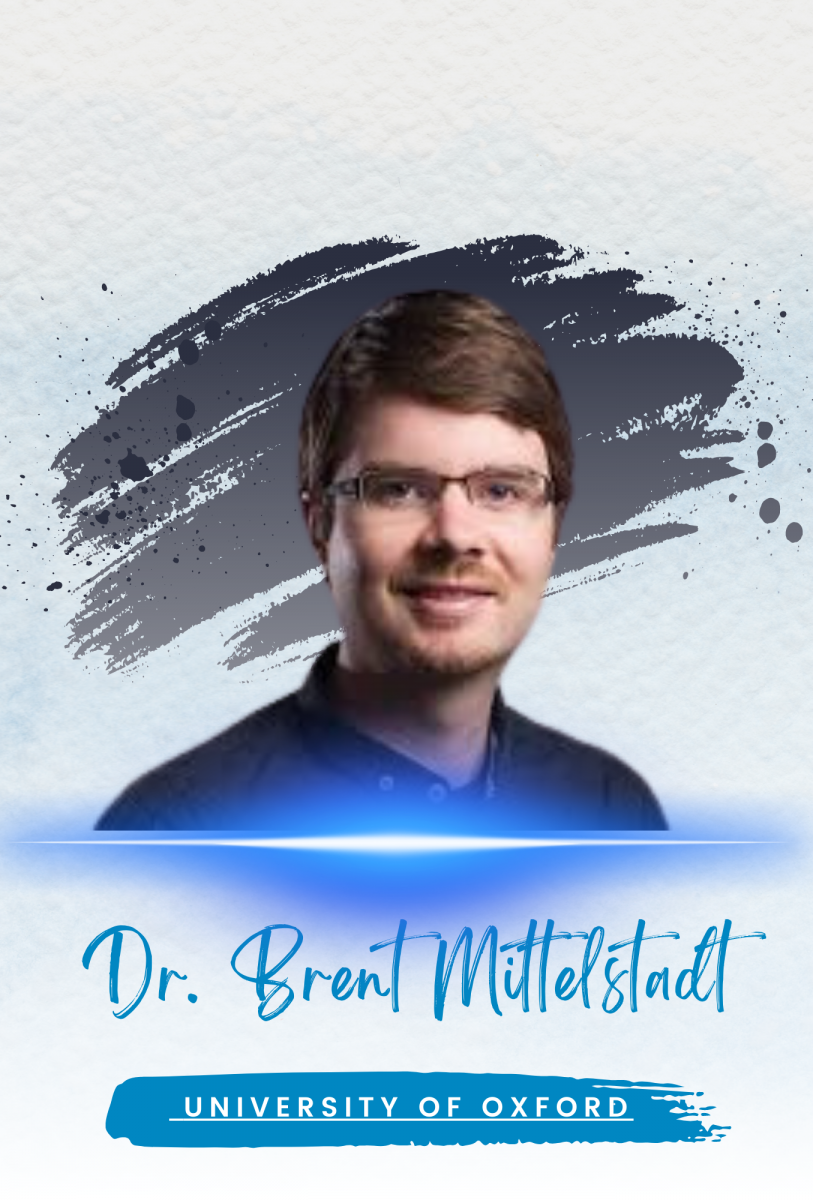
Dr. Brent Mittelstadt
Director of Research, Associate Professor, Senior Research Fellow
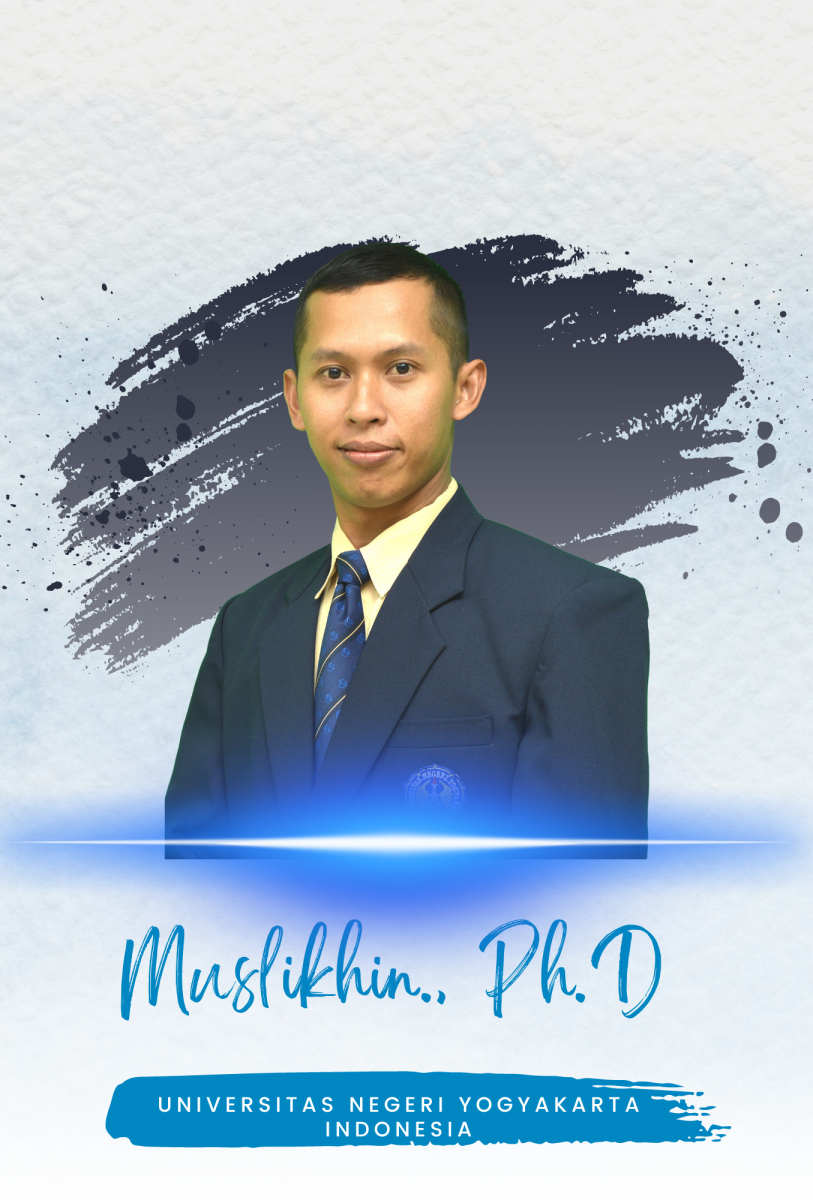
Muslikhin., Ph.D
"Technology, Education, and New Society"
Sub-Theme
- Educational Challenges in relation to Technology/Artificial Intelligence
- Regulation of Technology and Artificial Intelligence
- Social Order of Artificial Intelligence Society
- Artificial Intelligence and the Future of Humanity
- Media Literacy and Disaster InterpretationCommittee
Committee
Patron
- Dr. Suhadi Purwantara, M.Si (Dean of Faculty of Social Sciences, Universitas Negeri Yogyakarta)
Steering Commitee
- Dr. Dyah Kumalasari, M.Pd (Vice Dean of Faculty of Social Sciences, Universitas Negeri Yogyakarta)
- Prof. Dr. Suranto, M.Pd., M.Si (Vice Dean of Faculty of Social Sciences, Universitas Negeri Yogyakarta)
- Dr. Supardi, M.Pd. (Vice Dean of Faculty of Social Sciences, Universitas Negeri Yogyakarta)
Chair
- Amika Wardana, Ph.D
Vice Chair
- Dr. Nurul Khotimah, M.Si
Secretary
- Alifi Nur Prasetia Nugroho, M.Pd
- Mudaqir, M.M
Treasurer
- Sukamto, S.Sos
- Suyud, S.Pd.
Editorial Board:
- Prof. Dr. Wiel Veugelers (University of Humanistic Studies, Utrecht, The Netherlands. Scopus ID:1575223320)
- Ryogo Abe, P.hD (Aichi University of Education, Jepang, Scopus ID:57214219997)
- Adrian Vickers (University of Sydney, Australia. Scopus ID:26968036400)
- Mohd Nor Shahizan Ali (Universiti Kebangsaan Malaysia. Scopus ID:55158830000)
- Dr. Suhaimi (Universiti Teknologi MARA, Malaysia)
- Dr. Hanizah Binti Idris (University of Malaya, Malaysia)
- Dr. Norazlan Hadi Yacoob (Universiti Pendidikan Sultan Idris, Malaysia. Scopus ID:55983525200)
- Dr. Fitrawaty (Universitas Negeri Medan. Scopus ID: 57191865130)
- Dr. Luqman Hakim, S.Pd., M.Si (Universitas Negeri Surabaya. Scopus ID: 57204062135)
- Rosmini Maru, P.hD (Universitas Negeri Makassar, Scopus ID: 56669628200)
- Dr. Hanafi Bin Hussin (Universitas of Malaya, Malaysia. Scopus ID: 57193666690)
- Prof. Dr. Ajat Sudrajat, M.Ag (Universitas Negeri Yogyakarta, Indonesia. Scopus ID: 75191247465)
- Prof. Dr. Suranto, M.Pd., M.Si (Universitas Negeri Yogyakarta, Indonesia. Scopus ID: 57205219982)
- Prof. Dr. Mukminan (Universitas Negeri Yogyakarta, Indonesia. Scopus ID: 57204920476)
- Amika Wardana, P.hD (Universitas Negeri Yogyakarta, Indonesia. Scopus ID: 57205295162)
- Adi Cilik Pierewan, P.hD (Universitas Negeri Yogyakarta, Indonesia. Scopus ID: 55964444200)
Organizing Committee:
- Mudaqir, M.M
- Danu Eko Agustinova, M.Pd
- Eko Prasetyo Nugroho S, M.I.Kom
- Yumi Hartati, M.Pd
- Sutanto Trijuni Putro, M.Sc
- Benni Setiawan, M.S.I
- Dr. Nursida Arif, M.Sc
- Hardian Wahyu Widianto, M.P.A
- Datu Jatmiko, M.A
- Kurnia Nur Fitriana, M.A
- Kuncoro Hadi, M.A
- Awanis Akalili, M.A
- Annisa Istiqomah, M.Pd
- Sukamto, S.Sos
- Nur Laily Tri Wulansari, S.I.Kom
- Nainta Agustanta, S.E
Registration
Registration fee
| Presenter | IDR 400.000 |
| Co-Presenter | IDR 200.000 |
| Participant | IDR 100.000 |
Terms and conditions
- The registration fee covers seminar materials, certificate and ISBN proceeding publication
- The registration fee covers one participant only. The registration fee for the second, third and so on author is 50% of the main author registration fee.
- Participants are responsible for transfer fees and bank charges.
- At least one author for each accepted paper must register.
- The authors for selected and presented papers will be charged additional fee for publication and review in a conference proceeding indexed by Scopus or Web of Science
Payment
-
Payments are only available by Bank Transfer to the following account (transfer fee must be paid the sender):
-
Account name : International Conference of Social Sciences and Education (ICSSED)
-
Bank : BNI
-
Account No. : 0821564420
-
Swift Code : BNINIDJAUGM
-
After completion of registration process, participants are required to upload the proof of payment in the registration system.
Peer Review Process
The following steps will be followed for all papers selected for publication in Atlantis Press
- The desk editor of the 6th ICSSED will evaluate the abstracts. The number of words in the title and inside the abstract, the general organization of the abstract, and the relevance to the conference theme are all considered at this stage.
- The selected abstract will be posted on the web, and the participant will be required to submit the full paper on time, using the conference template.
- Once, the first round of peer review is completed, the whole paper will be assigned to reviewers with relevant expertise. The review process will be guided by our conference paper reviewer guideline, which will cover the following topics: the paper's structure, content, and linguistic accuracy, as well as the paper's completeness (i.e., tables, figures, and reference list).
Time & Venue
Schedule
5th International Conference of Social Science and Education
|
Time (GMT+7)
|
Activities
|
PIC
|
Duration
|
|---|---|---|---|
|
07.00 - 07.30
|
Registration
|
Secretary
|
30'
|
|
07.30 - 07.35
|
Welcome and Introduction
|
MC
|
5'
|
|
07.35 - 07.40
|
National Anthem
|
MC
|
5'
|
|
07.40 - 07.50
|
Opening (Dean of FIS UNY)
|
Dr. Suhadi Purwantara, M.Si
|
10'
|
|
07.50 - 08.05
|
Opening (Rector of UNY)
|
Prof. Dr. Sumaryanto, M.Kes
|
15'
|
|
08.05 - 08.55
|
Plenary Session I & Discussion
(Keynote Speaker 1)
|
Emma Sabzalieva, Ph.D
|
30'+20'
|
|
08.55 - 10.35
|
Plenary Session II & Discussion
(Keynote Speaker 2 & 3)
|
Sulfikar Amir, Ph.D
Muhammad Yuanda Zara, Ph.D
|
60'+40'
|
|
10.35 - 10.45
|
Parallel Session Info & Closing
|
MC
|
10'
|
|
13.30 - 16.30
|
Parallel Session
Group A,B,C,D,E,F,G,H
|
Commitee
|
180'
|
Venue
UNIVERSITAS NEGERI YOGYAKARTA
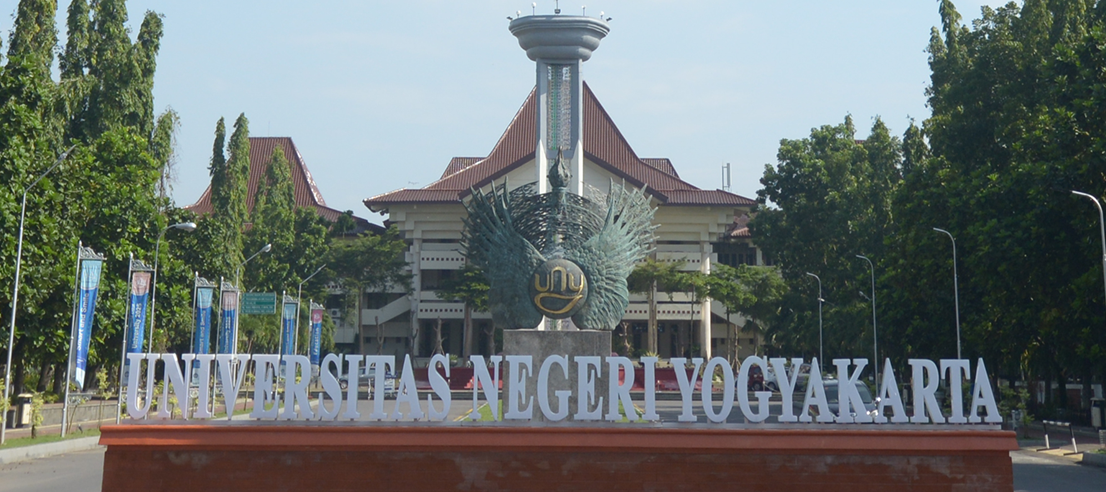
Location
Jl. Colombo No.1, Karang Malang, Caturtunggal, Kec. Depok, Kabupaten Sleman, Daerah Istimewa Yogyakarta 55281
CONTACT US
Secretariat ICSSED 2023


